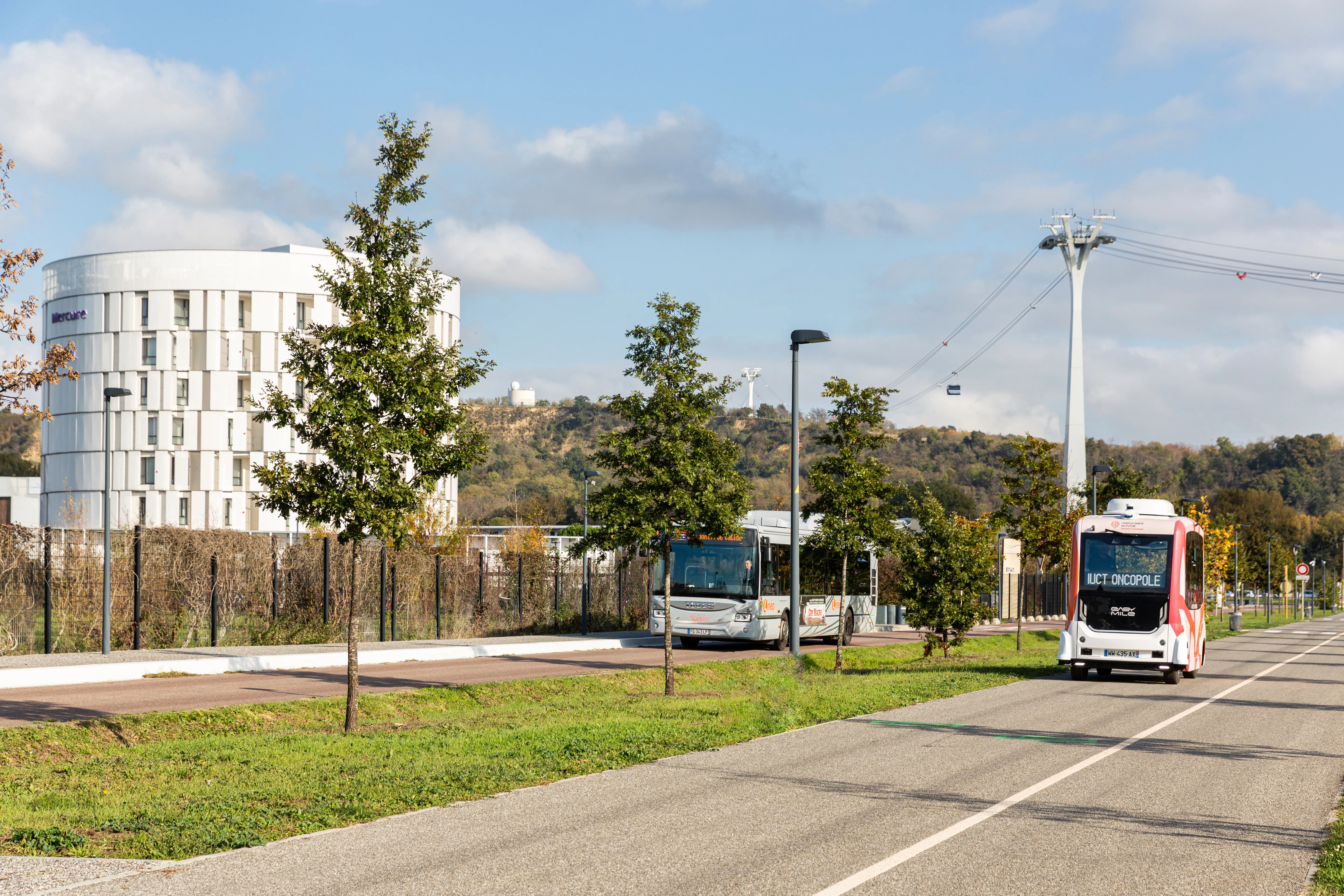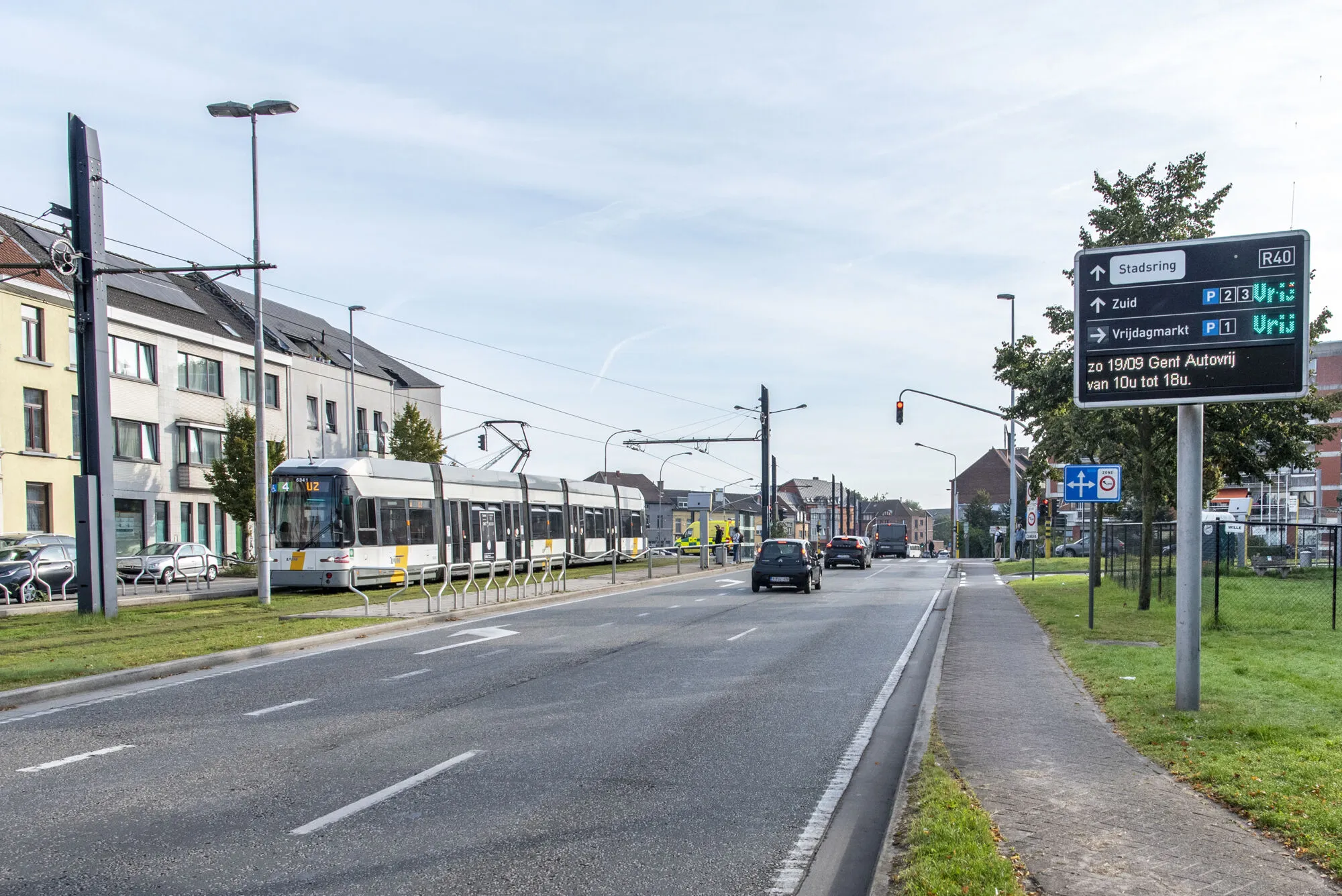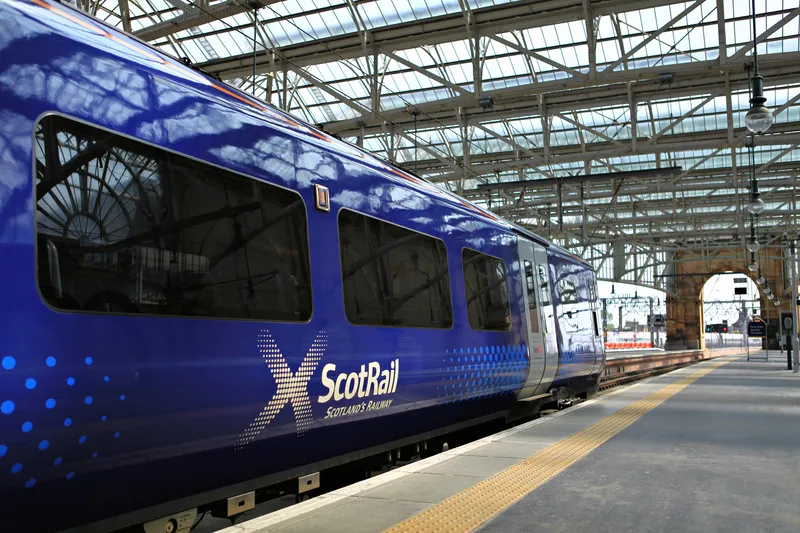
EasyMile has confirmed its autonomous shuttle service at the Oncopole medical campus in the French city of Toulouse is operating without an on-board supervisor.
In March, the shuttle started operating with a supervisor on a parallel road between the main entrance and the remote car park on a 600 metre route, which it shared with cyclists, pedestrians, cars and buses.
The company says its shared passenger vehicles are equipped with appropriate levels of safety and system redundancies to operate efficiently in a wide range of environments.
The level of this technology is expected to be high enough so that a control centre can supervise multiple vehicles from anywhere, making it possible to scale to autonomous vehicles without additional manpower.
According to EasyMile, the service becomes fully flexible as vehicles can be deployed immediately as demand arises, without having to wait for additional operators to be available.
EasyMile’s general manager Benoit Perrin says: “This is an important step towards real commercialisation of autonomous driving, both on large private sites, as well as on public roads. The applications for our technology to move people and goods continue to grow, especially in locations like campuses, business parks, industrial sites and master planned communities.”
The deployment is part of SAM (Safety and Acceptability of Autonomous Driving and Mobility), a project in which members like Alstom, Keolis and Transdev are working to develop uses of these systems while also building the future regulatory framework.









